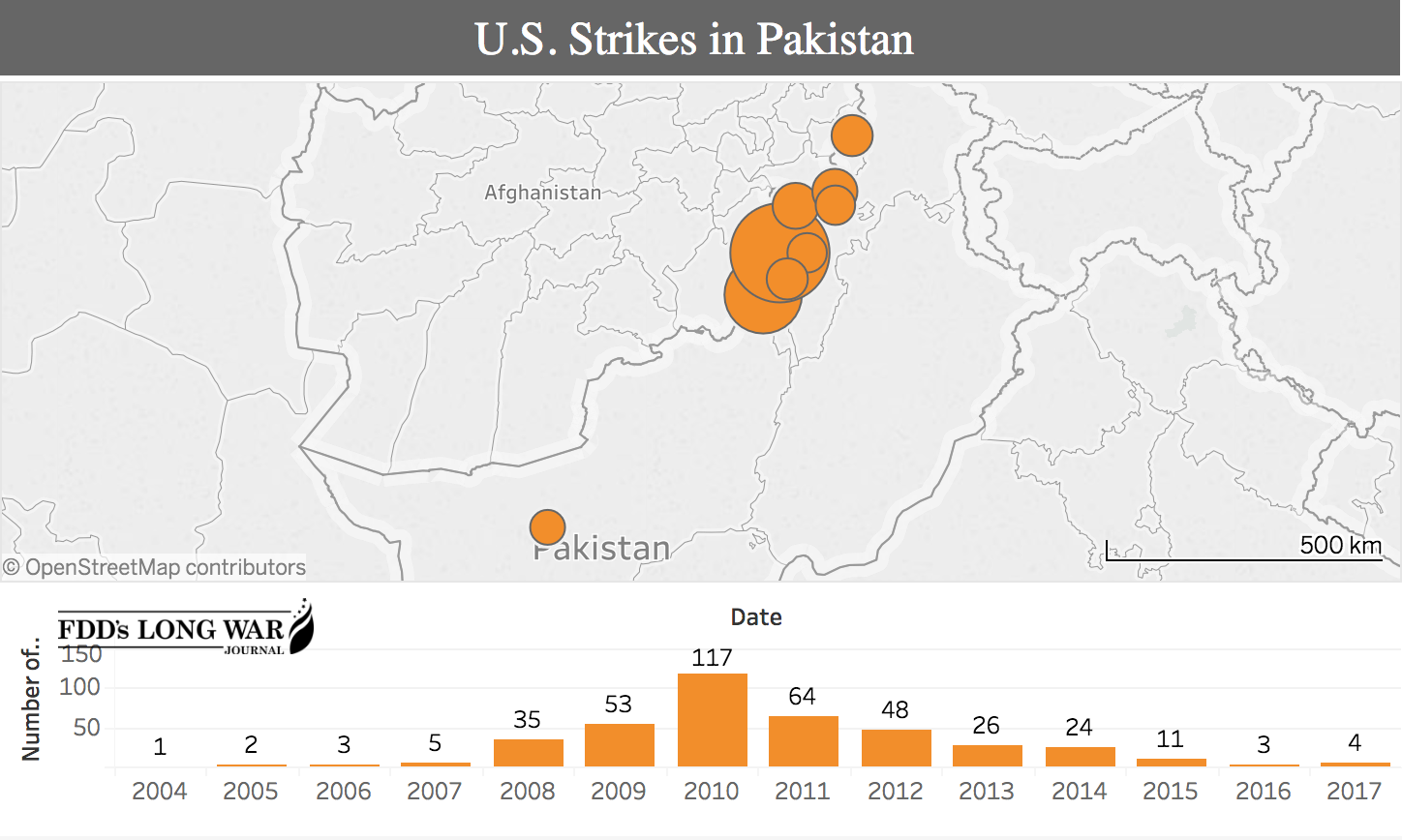
US drones strike jihadists in Pakistan
The US is likely to step up drone strikes in Pakistan after President Trump accused Pakistan of harboring and supporting jihadist groups last month.

The US is likely to step up drone strikes in Pakistan after President Trump accused Pakistan of harboring and supporting jihadist groups last month.
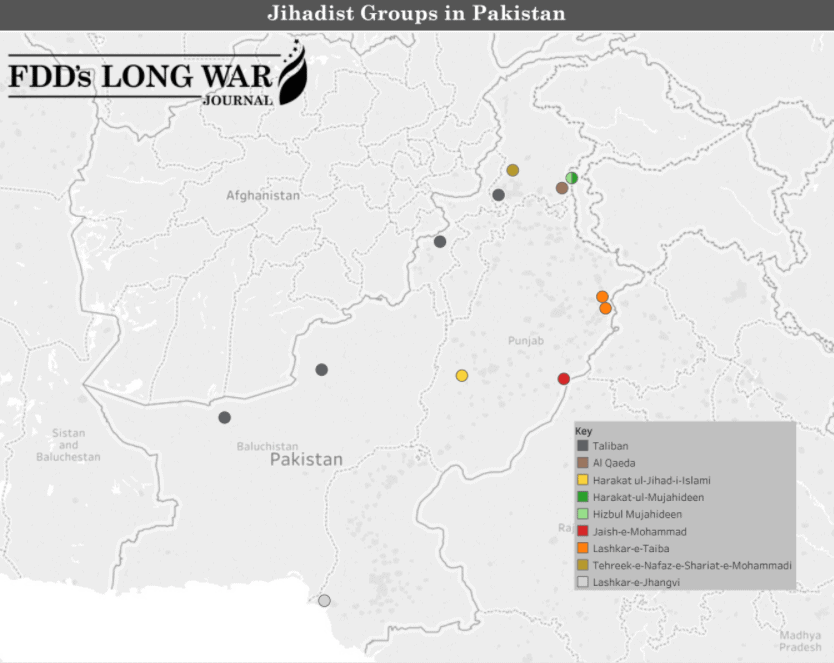
The blow comes just two weeks after President Trump called out Pakistan for providing “safe haven” for terrorist groups operating in the region and advocated for closer ties with India.

On Aug. 31, Ansar Ghazwat-ul-Hind’s leader, Zakir Musa, released an audio message in which he criticized the Pakistani government for supposedly betraying the jihad in Kashmir. Musa’s critique is consistent with al Qaeda in the Indian Subcontinent’s “code of conduct.”

For decades the country has permitted a number of jihadist groups to openly operate under its aegis. A map highlights the more prominent groups openly operating inside Pakistan.
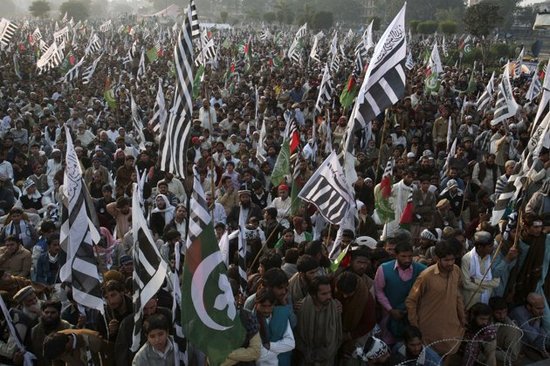
Pakistan’s denial of harboring terrorist groups that conduct attacks outside of its borders falls flat on its face when looking at Lashkar-e-Taiba, which not only supports al Qaeda and the Taliban, but has executed numerous attacks inside of Pakistan’s neighbor and enemy, India, as well as in Afghanistan.
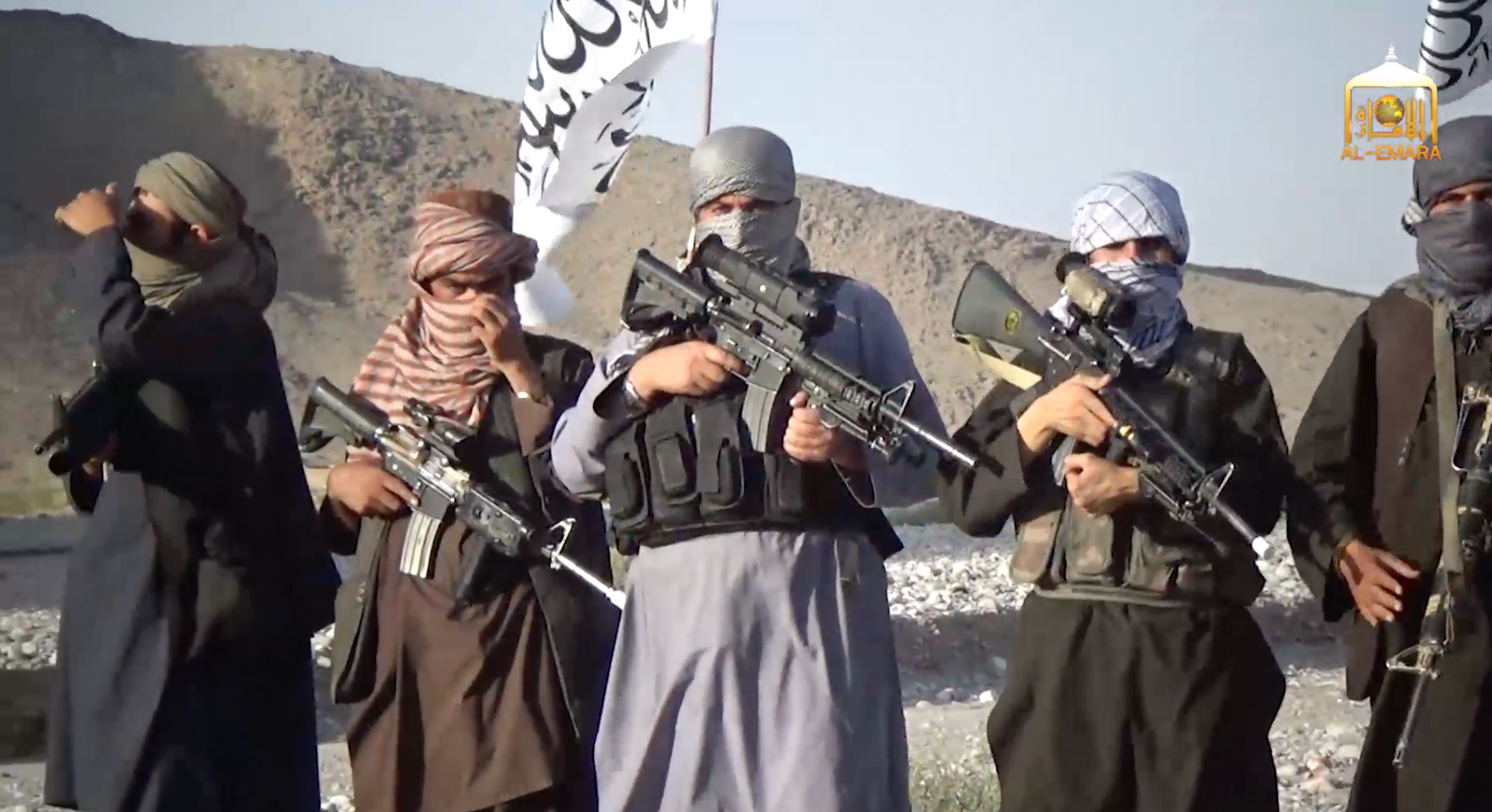
With words unprecedented for a US president, Trump called out Pakistan for harboring and supporting terrorist groups that target and kill US citizens and said there would be a radical change in policy toward the South Asian nation. Trump indicated the US would work to increase ties with India, Pakistan’s neighbor and greatest enemy, a move sure to both enrage as well as frighten Pakistani elites.
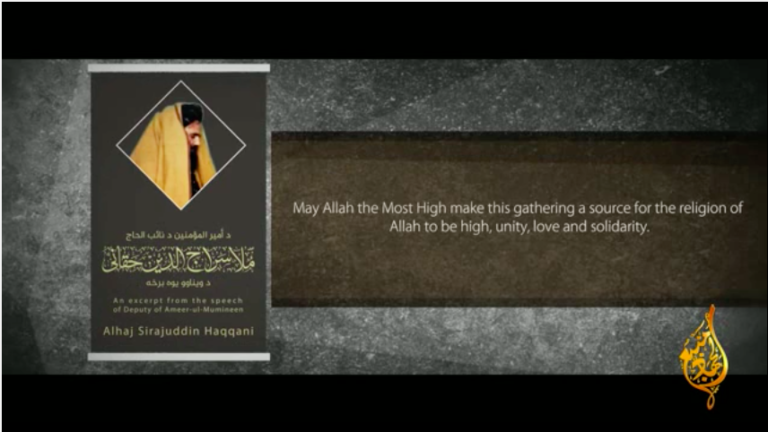
The State Department’s newly released Country Reports on Terrorism says that Pakistan “did not take substantial action against the Afghan Taliban,” including the Haqqani Network, in 2016. The Taliban’s leadership has long had a presence in Pakistan.

The Pakistan military recoiled after Afghanistan’s Ministry of Defense called on Pakistan to launched operations against “terrorist centers” throughout the country, including in the Pakistani cities of Lahore and Quetta.
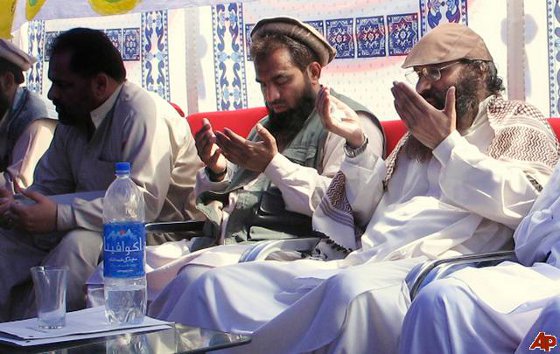
While denouncing the designation of Syed Salahuddin, the Ministry of Foreign Affairs claimed that “Pakistan has a demonstrated and longstanding commitment of combating terrorism in all its forms and manifestations.”

General Bajwa made the statement despite the fact that drone strikes have killed scores of top tier terrorist leaders, including mortal enemies of the Pakistan state, and Pakistani officials have passed along actionable intelligence to terrorists to avoid raids.

Haqqani Network commander Abu Bakar and two close aides from the Afghan province of Paktika were killed in the attack, the fourth drone strike recorded in Pakistan this year.
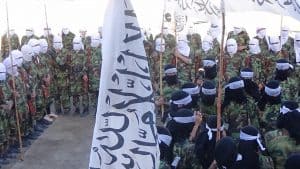
According to the NDS, the suicide bombers trained at the Mawlawi Ahmad Madrassa in Chaman, a border town in Pakistan’s Baluchistan province. The Taliban denied it executed the attack.

The Pakistani Taliban said it retaliated against the Pakistani military for a US drone strike that killed Abdullah, a “master in electronics.” The US has launched at least three drone strikes in Pakistan so far this year.

The Islamic State’s Wilayah Khorasan has claimed responsibility for a suicide bombing that targeted Maulana Abdul Ghafoor Haideri, the deputy chairman of Pakistan’s Senate. Haideri was injured. Dozens of others were also killed or wounded in the blast, which was launched in Pakistan’s Baluchistan province.

Shawal is one of several areas in North Waziristan that the Pakistani military claimed it cleared after it launched an operation in 2014. However the fact that the TTP can organize 120 fighters and assault a base there indicates the area is all but cleared.

An “important” al Qaeda figure, Abdul Raheem, was reportedly killed in a drone strike in the Datta Khel area of North Waziristan late last month. Al Qaeda and allied groups have sheltered in Datta Khel in the past. The Pakistani military claimed the area was cleared in Sept. 2014, but jihadists continue to operate there.
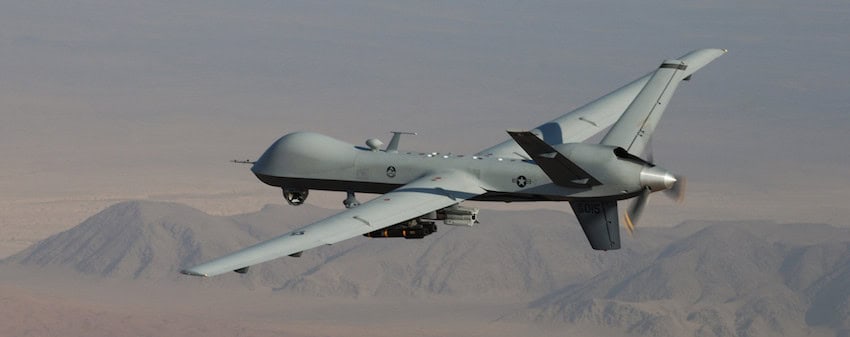
Yesterday’s strike is just the second reported in Pakistan this year, and the second since the US killed Afghan Taliban emir Mullah Akhtar Muhammad Mansour in an attack in Baluchistan province in May 2016.

Jamaat-ul-Ahrar said that Ehsanullan Ehsan was captured on Mar. 7 by Pakistan’s Inter-Services Intelligence Directorate along with three others and subsequently turned over to the Pakistani military. The group’s claim contradicts the Pakistani military’s version of events. Earlier this week, Pakistani officials said Ehsan had voluntarily turned himself in.
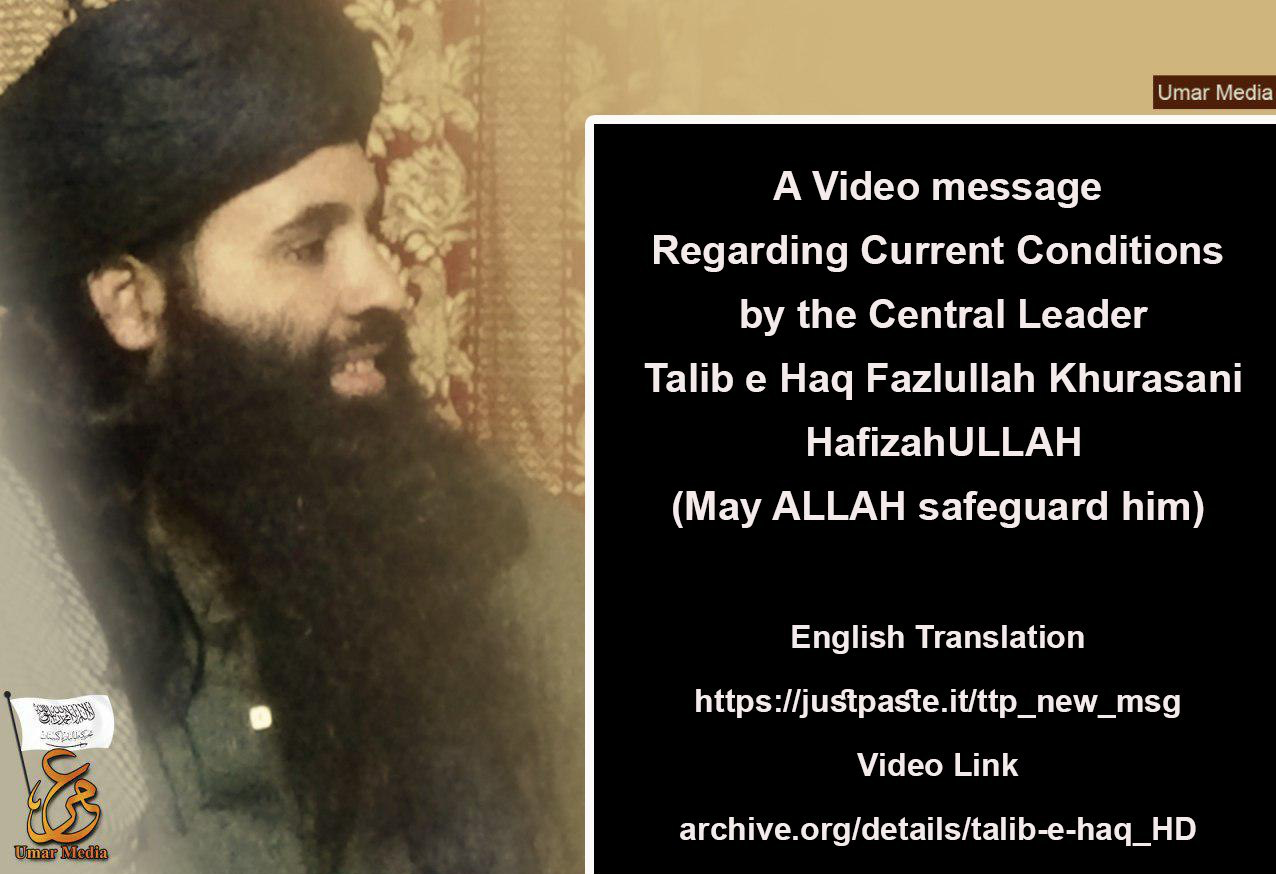
Mullah Fazlullahsaid that his group’s ultimate goal is “to implement the law of Allah on the Earth” and called on Muslims to unite and wage jihad to achieve that end. Fazlullah also said that attempts made by Pakistan’s military intelligence service have largely failed and the TTP has reorganized following a tumultuous period.
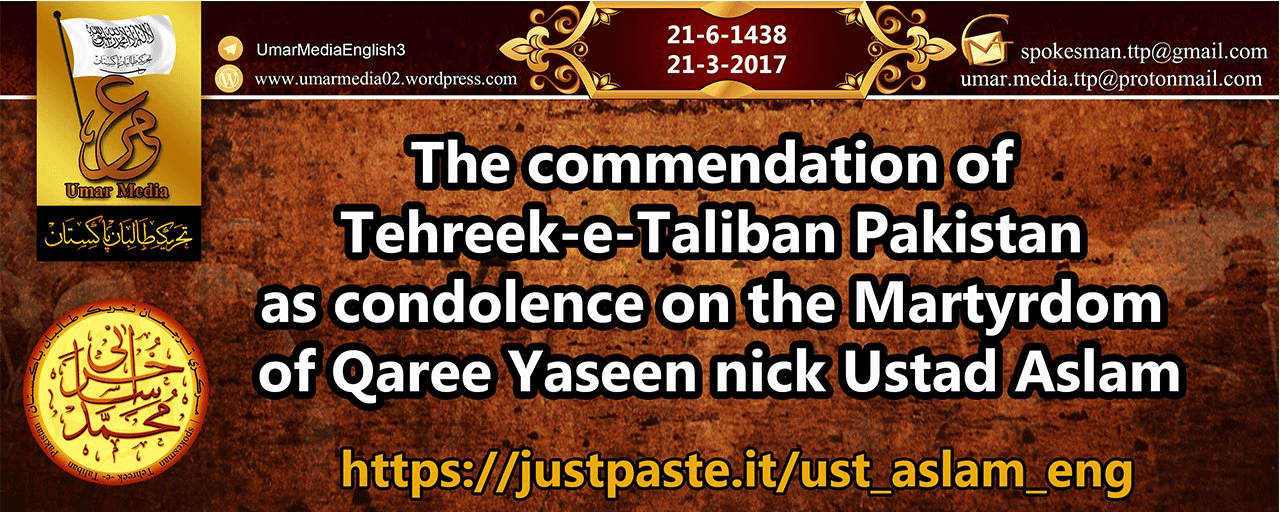
The Pakistani Taliban confirmed today that Qari Muhammad Yasin, a senior al Qaeda military commander, was killed along with three of his “companions” in a US drone strike on Mar. 19. The airstrike was carried out in Afghanistan’s eastern Paktika province. Yasin was a member of the Punjabi Taliban, which includes jihadists from various other Pakistani terrorist organizations who are aligned with al Qaeda.

The Islamic State’s Khorasan province claimed credit for today’s suicide bombing at a Sufi shrine in Sindh province, Pakistan that killed at least 70 people and wounded scores more.
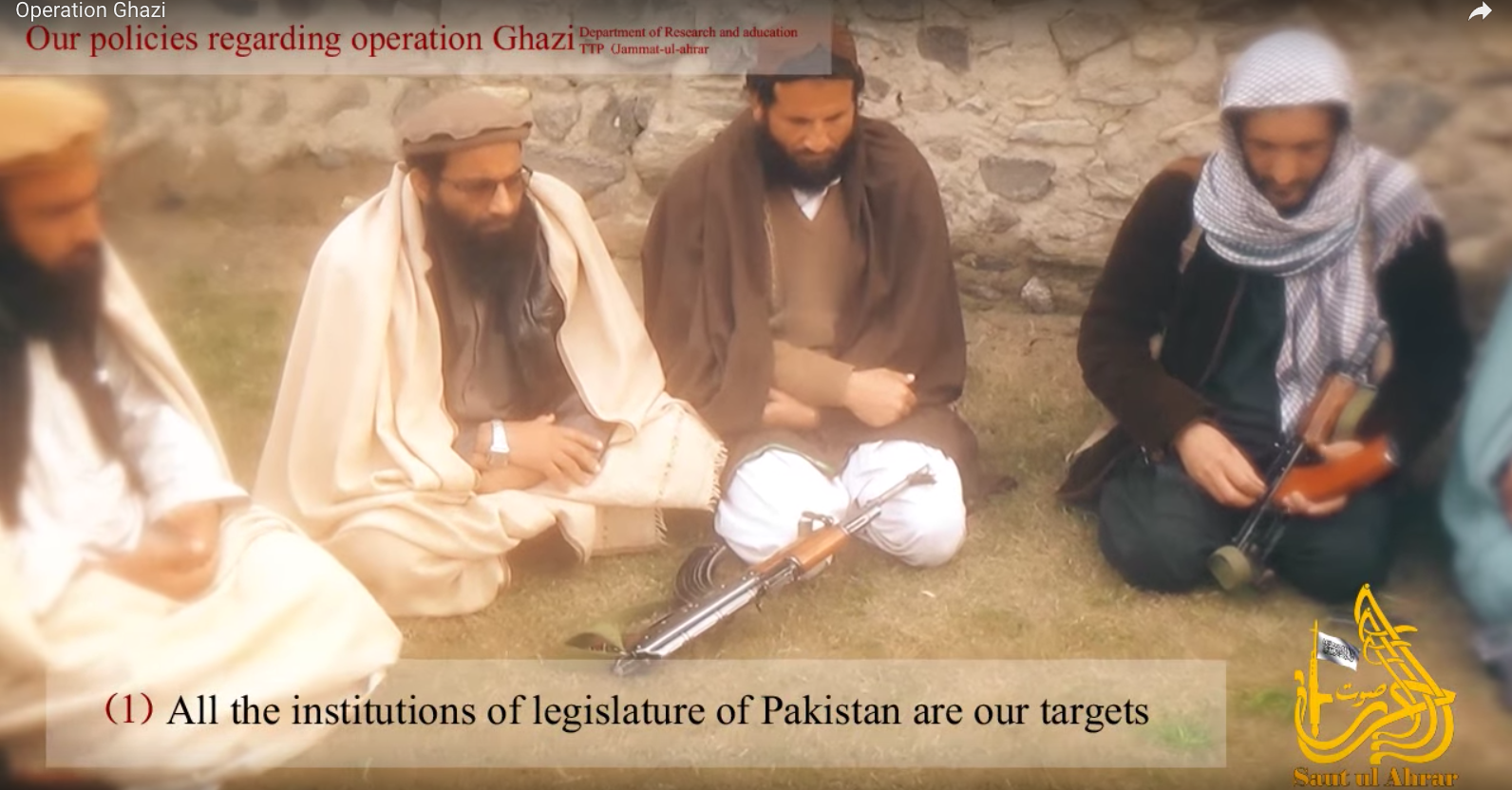
Jamaat-ul-Ahrar claimed that attack, which killed at least 10 people and wounded scores more, under Operation Ghazi. The operation targets all factions of the Pakistani state.
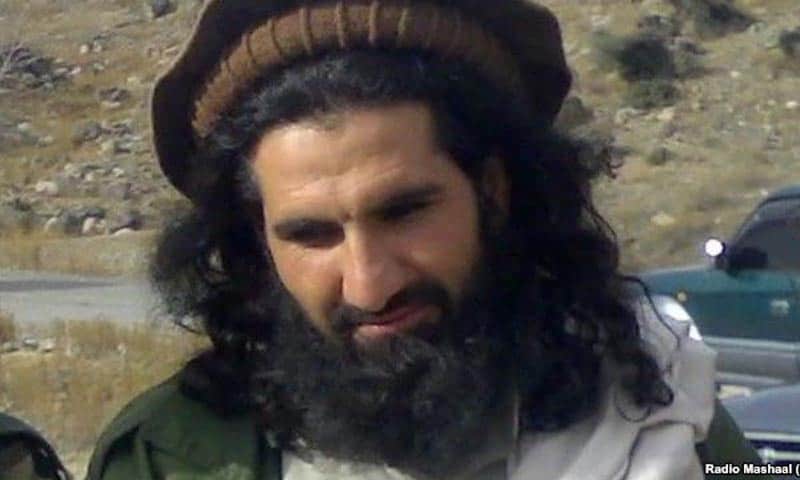
The Khalid Mehsud Group, which commands Taliban fighters in South Waziristan, has rejoined the Movement of the Taliban in Pakistan after breaking away in 2014.

The video, from Jamaat-ul-Ahrar, a powerful faction of the Movement of the Taliban in Pakistan, highlights the training of suicide bombers and an assault on a Pakistani military base that took place last November.
Hafiz Saeed, who runs a state within the Pakistani state that is akin to Lebanese Hezbollah, has been placed in protective custody in the past, only to be freed.
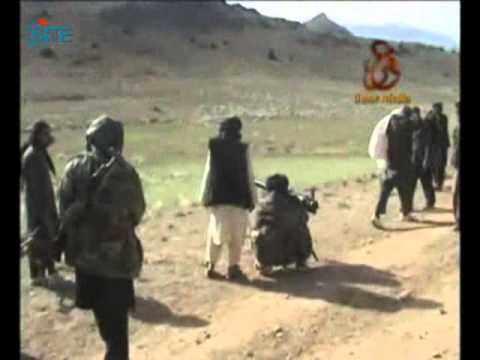
While the operational tempo of jihadist groups based in Pakistan has decreased significantly, they are still capable of executing horrific attacks and remain a major threat to the Pakistani state.
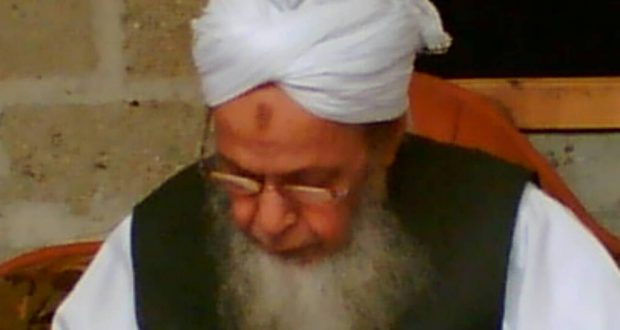
Mawlana Salimullah Khan was also the president of Pakistan’s largest confederation of Deobani seminaries and schools. His son and grandson were deported from the United States for immigration violations after the FBI linked them to an al Qaeda plot in California.
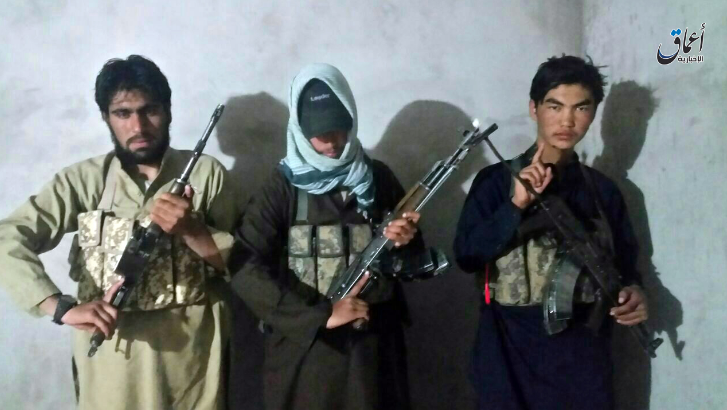
Islamic State’s Khorasan province and the Karachi faction of the Movement of the Taliban in Pakistan both claimed credit for the attack on a police academy in Quetta that killed more than 60 cadets. Pakistani officials claimed the suicide assault was executed by Lashkar-e-Jhangvi al Almi.
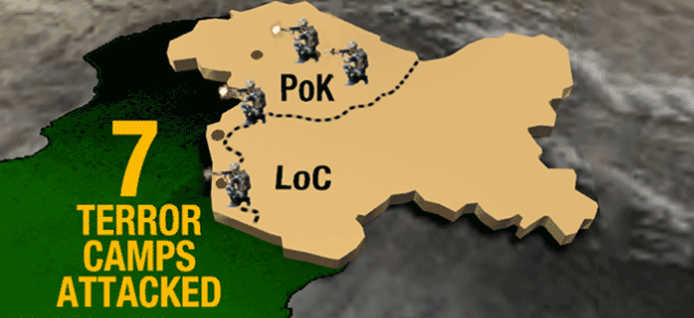
India said it killed “up to 38 terrorists and Pakistani soldiers” in cross-border strikes against seven different targets in Pakistan-occupied Kashmir. India claimed it recorded the raids via drones. Pakistan denied Indian troops entered its territory.

US and Afghan forces struck a group of leaders and operatives from the Pakistan-based Movement of the Taliban in South Waziristan, the Haqqani Network, and al Qaeda in the province of Paktika, according to reports from the region. At least one senior leader, known as Azam Tariq, is thought to have been killed in the strike.